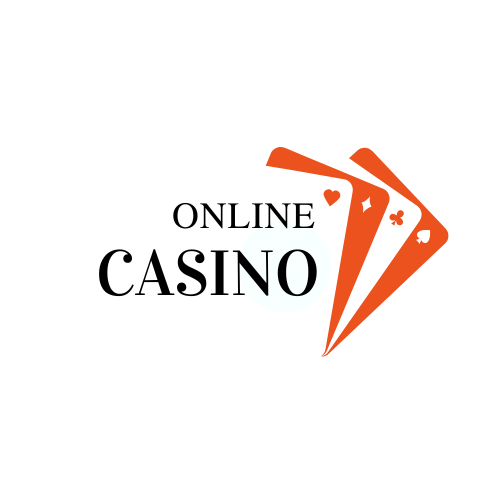Safety Nets and Strategies: Unveiling the Power of Insurance
Insurance, a cornerstone of modern financial planning, stands as a shield against the uncertainties of life. From protecting against unexpected medical bills to safeguarding assets from natural disasters, insurance plays a vital role in providing individuals and businesses with peace of mind. However, amidst the multitude of insurance options available, understanding the intricacies of policies can often feel like traversing a labyrinth. In this article, we unravel the complexities of insurance, offering insights into its types, benefits, and essential considerations.
Types of Insurance:
- Life Insurance: A fundamental pillar of financial security, life insurance provides a safety net for loved ones in the event of the policyholder’s death. It comes in various forms, including term life, whole life, and universal life insurance, each offering unique benefits and considerations.
- Health Insurance: With the rising costs of medical care, health insurance is indispensable. It covers expenses related to healthcare, including hospitalization, medication, and preventive services. Understanding the nuances of deductibles, premiums, and coverage limits is crucial in selecting the right health insurance plan.
- Auto Insurance: Mandatory in many jurisdictions, auto insurance protects against financial losses resulting from accidents, theft, or damage to vehicles. Comprehensive coverage offers a broader umbrella of protection, encompassing not only collisions but also incidents like vandalism and natural disasters.
- Homeowners/Renters Insurance: Whether you https://bookd.nl/ own a home or rent a property, insurance safeguards against unforeseen events such as fires, theft, or liability claims. Homeowners insurance covers the physical structure of the property and its contents, while renters insurance protects tenants’ personal belongings and liability.
- Property Insurance: Beyond homes, property insurance extends to businesses, safeguarding commercial properties, equipment, and inventory against risks like fire, vandalism, or interruption of operations.
- Liability Insurance: Protecting individuals and businesses from legal claims, liability insurance covers damages and legal expenses arising from lawsuits related to bodily injury or property damage.
Benefits of Insurance:
- Financial Security: Insurance provides a safety net, mitigating the financial impact of unforeseen events. Whether it’s a medical emergency, a car accident, or a natural disaster, insurance ensures that individuals and businesses are not left grappling with insurmountable expenses.
- Peace of Mind: Knowing that one’s health, property, and loved ones are protected instills a sense of peace and security. Insurance alleviates the anxiety of facing uncertainties, allowing individuals to focus on their personal and professional pursuits with confidence.
- Risk Management: Insurance serves as a tool for risk management, enabling individuals and businesses to transfer the financial burden of potential losses to insurance companies. By paying premiums, policyholders delegate the risk to insurers, who, in turn, provide compensation in the event of covered incidents.
- Legal Compliance: In many cases, insurance is not only beneficial but also mandatory. From auto insurance requirements for drivers to liability coverage for businesses, complying with insurance regulations ensures legal adherence and protects against potential penalties.
Essential Considerations:
- Coverage Needs: Assessing one’s specific needs and risks is paramount in selecting the appropriate insurance coverage. Factors such as age, health status, property value, and business operations influence the type and extent of insurance required.
